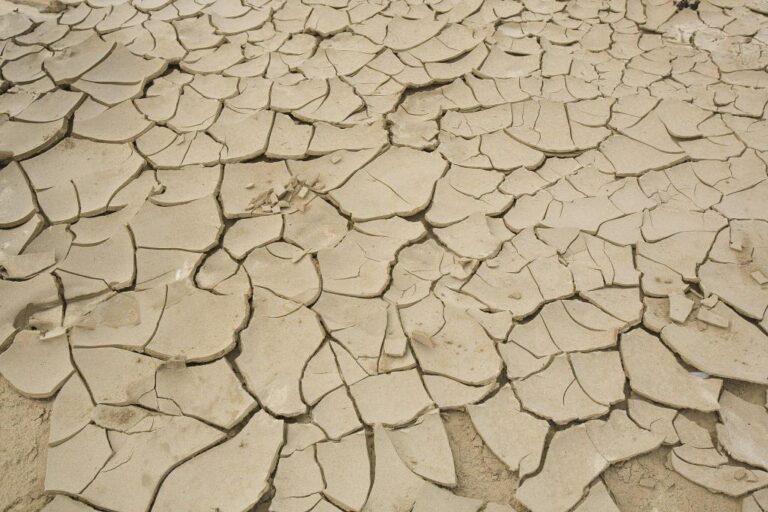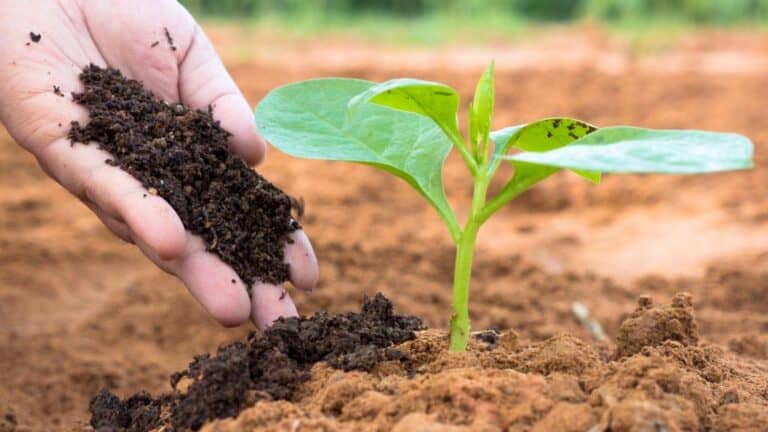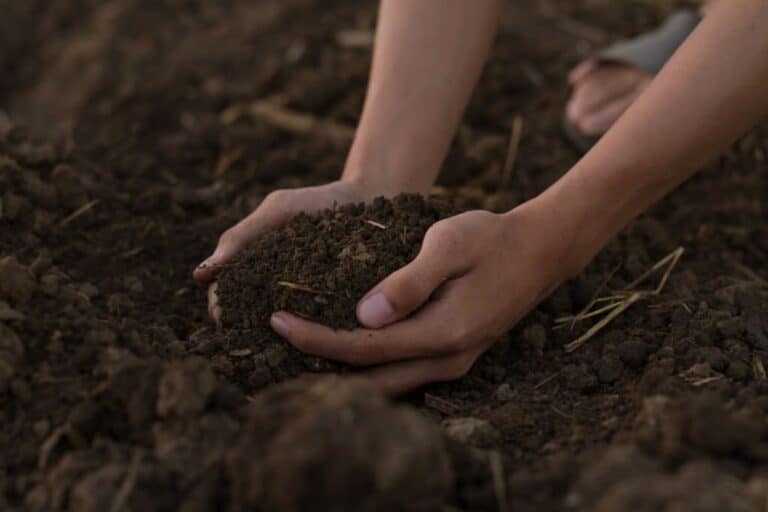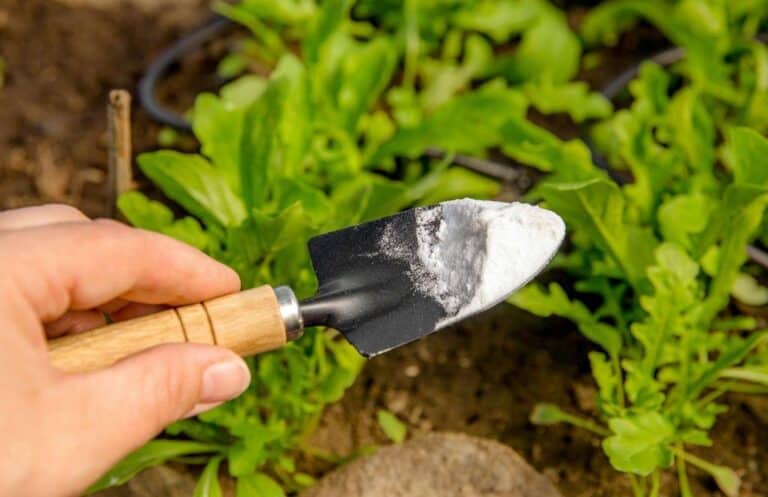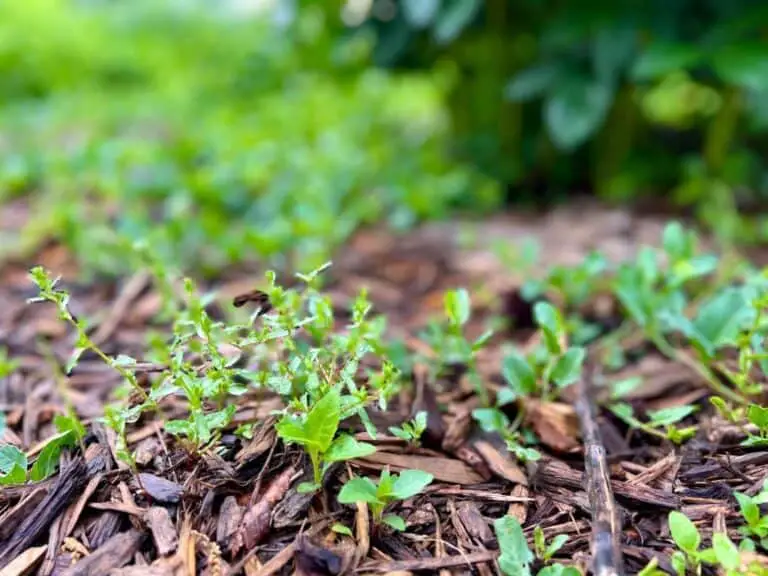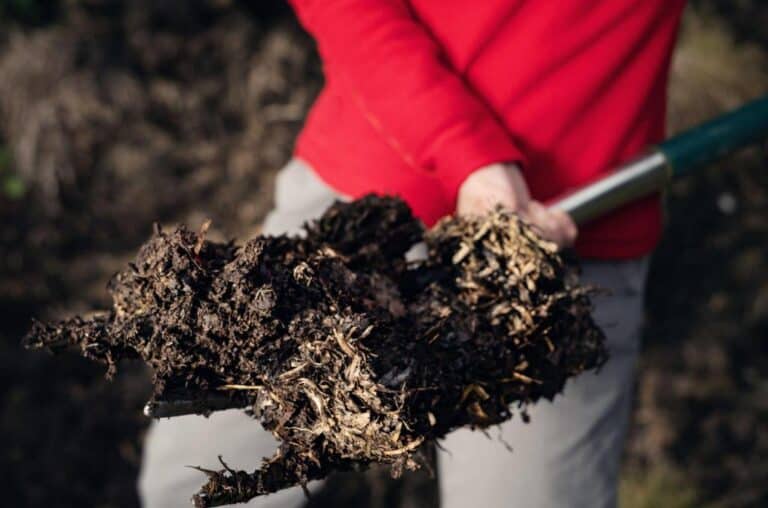Can I Use Manure From Different Animals Interchangeably into My Garden?
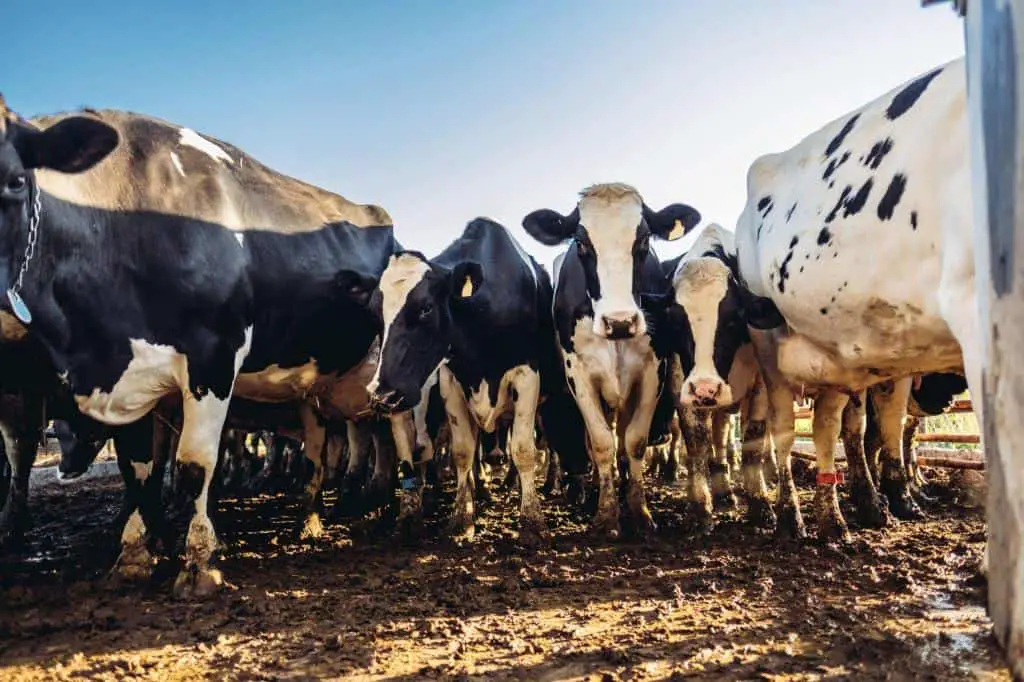
Gardening is a rewarding endeavor, and one of the key components of a flourishing garden is soil fertility. One way to enhance soil fertility is by incorporating organic matter, such as animal manure. But can you simply use manure from various animals interchangeably in your garden?
In this comprehensive guide, we’ll delve into the world of animal manure, exploring its nutritional value, the characteristics of manure from different animals, the benefits and risks of using various types, the art of composting manure, and guidelines for applying it effectively.
By the end, you’ll be equipped with the knowledge to make informed decisions about using animal manure in your garden.
The Different Types of Animal Manure
Animal manure varies in nutrient content and composition depending on the animal it comes from. Each type of manure has its own unique set of advantages and considerations. Let’s take a closer look at some of the most commonly used types of animal manure:
1. Cow Manure
Nutrient Content: Cow manure is well-balanced, containing a good mix of nitrogen, phosphorus, and potassium (NPK). It’s also rich in organic matter.
Advantages: It’s one of the mildest manures, making it safe to use without much risk of burning your plants. Cow manure from cow dung enhances soil structure and water retention.
Considerations: It may contain weed seeds, so composting or sterilizing it is advisable.
2. Horse Manure
Nutrient Content: Horse manure is relatively high in nitrogen, making it a good choice for leafy green vegetables and plants that require a lot of nitrogen.
Advantages: Like cow manure, it improves soil structure and water retention. It’s also less likely to contain weed seeds.
Considerations: Horse manure can be quite alkaline, so it’s essential to monitor soil pH when using it.
3. Chicken Manure
Nutrient Content: Chicken manure is exceptionally high in nitrogen, making it an excellent choice for plants that need a nitrogen boost.
Advantages: It’s one of the richest manures in terms of nutrients. However, it should be aged or composted before use to avoid burning plants due to its high ammonia content.
Considerations: Fresh chicken manure can be strong-smelling and may contain pathogens, so proper composting is crucial.
4. Sheep and Goat Manure
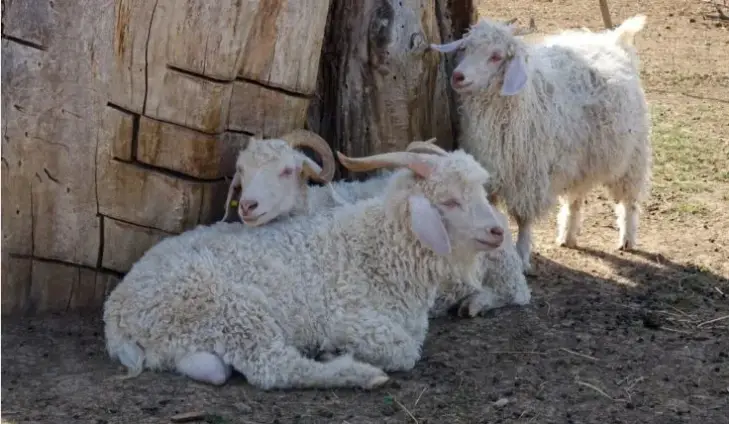
Nutrient Content: These manures are similar to cow manure but may contain slightly higher levels of nutrients.
Advantages: Sheep or goat manure is generally safe to use without the risk of burning plants and helps improve soil structure.
Considerations: Like cow manure, they may contain weed seeds.
5. Pig Manure
Nutrient Content: Pig manure is rich in nutrients, particularly nitrogen and phosphorus.
Advantages: It’s highly effective at fertilizing plants and improving soil fertility.
Considerations: Pig manure can be quite potent, so it should be composted before use to reduce the risk of burning plants.
Understanding the Nutritional Value of Animal Manure
When considering using animal manure in your garden, it’s essential to understand the nutritional value it brings to your soil. Different animals produce manure with varying nutrient content, and the key is matching these nutrients to your garden’s requirements.
Here’s what you need to know:
Nutrient Content in Different Animal Manures
| Manure Type | Nitrogen (N) (%) | Phosphorus (P) (%) | Potassium (K) (%) | Organic Matter (%) |
| Cow | 0.5 – 1.0 | 0.2 – 0.5 | 0.5 – 1.0 | 20 – 30 |
| Horse | 0.5 – 0.7 | 0.3 – 0.5 | 0.5 – 0.7 | 30 – 40 |
| Chicken | 1.0 – 1.5 | 0.5 – 0.9 | 0.5 – 0.7 | 50 – 60 |
| Pig | 0.5 – 0.8 | 0.4 – 0.7 | 0.5 – 0.8 | 30 – 40 |
These values can vary based on factors like diet and bedding material.
Determining Your Garden’s Nutrient Requirements
Before choosing a specific animal manure for your garden, it’s crucial to assess your garden’s nutrient needs. You can do this by conducting a soil test. Soil tests reveal your soil’s existing nutrient levels, allowing you to make informed decisions about which nutrients to add.
Comparing Nutrient Profiles
Each type of manure offers a unique blend of nutrients that can address specific deficiencies in your soil. Take chicken manure, for example. It boasts a high nitrogen content, making it an ideal pick if your garden lacks this essential nutrient. Nitrogen is vital for promoting lush foliage and robust plant growth, so chicken manure can work wonders in transforming your green space into a thriving oasis.
On the other hand, if your garden requires a boost in phosphorus, you might want to consider using horse manure. Horse manure contains higher levels of phosphorus compared to other animal waste, which is essential for root development and flowering. This nutrient-rich option can help your plants establish strong root systems and produce vibrant blooms.
Alternatively, if your soil needs a balanced nutrient profile, cow manure could be the answer. It provides a good mix of nitrogen, phosphorus, and potassium – the three primary macronutrients that plants need for overall health and development. By carefully comparing these nutrient profiles, you can tailor your choice of cow manure to meet your garden’s specific needs, ensuring that your plants thrive and flourish.
Can I Use Manure From Different Animals Interchangeably in My Garden?
The answer is yes, but with some important considerations. Not all types of animal manure are suitable for use in vegetable gardens.
Pig, dog, cat, and human waste should never be used in a vegetable garden due to the possible presence of parasites. Cow, horse, chicken/poultry, sheep, goat, and llama manure are acceptable types of manure appropriate for use in vegetable gardens.
However, it is important to note that some manure contains high levels of phosphorus, so adding too much manure can lead to excessive vegetative growth and salt damage.
Additionally, using fresh manure where food crops are grown poses risks of contamination with disease-causing pathogens. To minimize the health risks associated with using manure in home gardens, it is recommended to wait at least a few days after applying manure before harvesting crops.
It is also recommended to compost fresh manure or age the manure before applying it to the garden. Finally, it is important to avoid using manure from grazing animals that have been exposed to herbicides such as Grazon, as this can destroy plants in the garden
Benefits and Risks of Using Different Animal Manures
Using animal manure in your garden offers various benefits, but it’s essential to be aware of potential risks as well.
Advantages of Using Specific Types of Manure
- Cow and Horse Manure: These provide a balanced nutrient profile suitable for most gardens.
- Chicken Manure: High nitrogen content can promote lush foliage growth.
- Pig Manure: Valuable when looking to increase organic matter in the soil.
Potential Drawbacks of Using Animal Manure
- Weed Seeds: Manure from some animals, particularly horses and poultry, can contain weed seeds that might sprout in your garden.
- Pathogens: Raw manure can harbor harmful pathogens like E. coli, so proper handling and composting are crucial.
- Odors: Certain manures, especially from poultry and pigs, can produce strong odors during decomposition.
Strategies to Mitigate Risks of Using Animal Manure
To minimize the risks associated with using animal manure, follow these strategies:
- Composting: Composting not only reduces the risk of pathogens but also improves nutrient availability and eliminates weed seeds.
- Proper Handling: Wear gloves and wash your hands after handling manure to avoid contamination.
- Aging Manure: Allow manure to age for several months before using it to reduce its “hotness.”
See also: Does Topsoil Have Manure in It?
Composting Animal Manure for Garden Use
Composting is a key step in making animal manure safe and effective for your garden. It transforms raw manure into a valuable soil amendment.
Importance of Composting
Composting achieves several essential goals:
- Pathogen Reduction: The heat generated during composting kills harmful pathogens.
- Weed Seed Elimination: Composting destroys weed seeds, preventing them from sprouting in your garden.
- Nutrient Stabilization: Compost releases nutrients gradually, reducing the risk of nutrient overload.
Steps to Create a Proper Manure Compost Pile
Creating a manure compost pile involves several steps:
- Layering: Alternate layers of manure with carbon-rich materials like straw or leaves.
- Turning: Regularly turn the compost pile to aerate it and speed up decomposition.
- Monitoring: Keep an eye on temperature and moisture levels to ensure optimal composting conditions.
How Composting Transforms Raw Manure
During composting, microorganisms break down organic matter in the manure, producing heat as a byproduct. This heat is crucial for pathogen destruction and weed seed elimination. Over time, the compost matures, becoming a dark, crumbly substance rich in nutrients.
Creating the Perfect Blend
To make the most of animal manure in your garden, consider creating a balanced blend. For example, mixing cow, horse, and chicken manure can provide a well-rounded nutrient profile for your plants. Composting this blend for several months will result in a safe and effective fertilizer for your garden.
Here’s a simple table summarizing the nutrient content of different animal manures:
| Manure Type | Nitrogen (N) | Phosphorus (P) | Potassium (K) |
| Cow | Moderate | Moderate | Moderate |
| Horse | High | Moderate | Low |
| Chicken | Very High | High | High |
| Sheep/Goat | Moderate | Moderate | Moderate |
| Pig | High | High | High |
Guidelines for Applying Animal Manure to Your Garden
Now that you have a good grasp of the different aspects of animal manure, it’s time to learn how to apply it effectively to your garden.
Timing and Frequency
- Spring and Fall: These are ideal seasons for applying manure, allowing nutrients to be available when plants need them most.
- Frequency: Apply manure every 1-2 years, as excessive use can lead to nutrient imbalances.
Best Practices to Avoid Overloading Soil with Nutrients
While manure is a valuable fertilizer, applying too much can lead to nutrient imbalances, environmental issues, and plant damage. Follow these best practices:
- Don’t overapply. Stick to the calculated application rates.
- Incorporate Manure: Mix the manure into the top few inches of soil to prevent nutrient runoff.
- Mulch: Apply mulch to the garden surface to reduce nutrient loss and improve moisture retention.
Now that you have a solid understanding of animal manure, its types, benefits, and risks, as well as composting and application guidelines, you can confidently make informed decisions about using manure in your garden.
In the next sections of this article, we’ll explore the art of combining multiple animal manures in your garden, discuss manure storage and handling techniques, dive into organic and sustainable gardening with animal manure, consider alternatives to animal manure, and touch on the legal and regulatory aspects of using animal manure.
Combining Multiple Animal Manures in Your Garden
Mixing different types of animal manure in your garden can offer a range of benefits. Here are some advantages:
- Balanced Nutrient Profiles: Combining manures from various animals can result in a more balanced nutrient profile for your soil. For example, mixing high-nitrogen chicken manure with lower-nitrogen cow manure can provide a well-rounded fertilizer.
- Improved Soil Structure: Different manures have varying levels of organic matter, which can enhance soil structure and water retention when blended.
- Reduced Risk of Pathogens and Weed Seeds: Some manures may contain pathogens or weed seeds that can be neutralized when mixed with other manure types during composting.
However, there are also challenges associated with mixing manures:
- Nutrient Ratios: Achieving the right balance of nutrients can be tricky when mixing manures. Too much of one nutrient and too little of another can lead to imbalances in your soil.
- Composting Complexity: Combining manures may require more effort in terms of composting, as different manures may decompose at varying rates.
Are Compost and Manure Interchangeable?
Manure and compost, while both valuable in gardening, serve distinct purposes due to their unique origins and compositions. Let’s delve into the specifics to understand how they differ and when to use each:
Manure: This agricultural ally is primarily animal waste, often mixed with bedding materials like straw or hay. It’s rich in essential nutrients like nitrogen, phosphorus, and potassium, making it an excellent choice for boosting soil fertility. However, because of its raw nature, manure can be quite potent and may need time to break down further to prevent burning your plants with excessive nutrients. It’s particularly useful when you need a quick nutrient boost or have nutrient-deficient soil.
Compost: On the other hand, compost is a result of a controlled decomposition process involving a mix of organic materials, such as kitchen scraps, yard waste, and even manure. Compost is like nature’s recycling program, breaking down materials into a dark, crumbly, and earthy-smelling substance. It improves soil structure, enhances water retention, and provides a steady release of nutrients. Compost is versatile, suitable for various gardening needs, from enriching soil to mulching and even reducing waste.
Conclusion
In conclusion, animal manure can be a valuable asset in your garden, providing essential nutrients and improving soil quality. While you can use different types of animal manure interchangeably, it’s essential to be mindful of nutrient balance, composting, weed seeds, and soil pH.
Microorganisms increase soil fertility indirectly during the composting process. It breaks down organic matter in manure, eventually giving nutrients to the soil.
Experiment with various manures, create balanced blends, and remember that composting is your ally in turning these natural fertilizers into gardening gold. With the right approach, your garden will thrive, and your plants will thank you with vibrant growth and bountiful harvests. Happy gardening!
FAQs on Fertilizing with Various Animal Manures
Can you mix chicken and cow manure in the garden?
Yes, you can mix chicken and cow manure in the garden. However, it’s crucial to balance their nutrient content and compost the mixture to avoid burning plants.
What is the best way to apply compost or manure to my vegetable garden?
The best way to apply manure to your vegetable garden is by spreading a layer of compost or manure (about 1-2 inches) over the soil surface and incorporating it through tilling or digging. Composting the manure before use is recommended.
How long should manure be composted before using it in the garden?
Manure should be composted for at least 6–12 months before being used in the garden to ensure pathogens are eliminated and the fertilizer effect is optimized.
Are there organic certifications for manure used in organic gardening?
There are organic certifications for manure used in organic gardening. Look for products with certifications like OMRI (Organic Materials Review Institute) to ensure they meet organic standards.
Is there a universal guideline for the interchangeability of different animal manures in gardening?
There is no universal guideline for interchangeability. It depends on factors like nutrient content, composting, and the specific needs of your plants.
Can I use fresh animal manure directly in my garden, or is composting always necessary?
It’s generally advisable to compost animal manure before using it in the garden to eliminate pathogens and reduce the risk of burning plants. Fresh manure can be too potent.
What are some signs that my garden may be experiencing nutrient imbalances due to the use of animal manure?
Signs of nutrient imbalances in your garden due to manure use may include stunted growth, leaf discoloration, or excessive plant foliage at the expense of fruit or flower production. Regular soil testing can help diagnose and rectify imbalances

